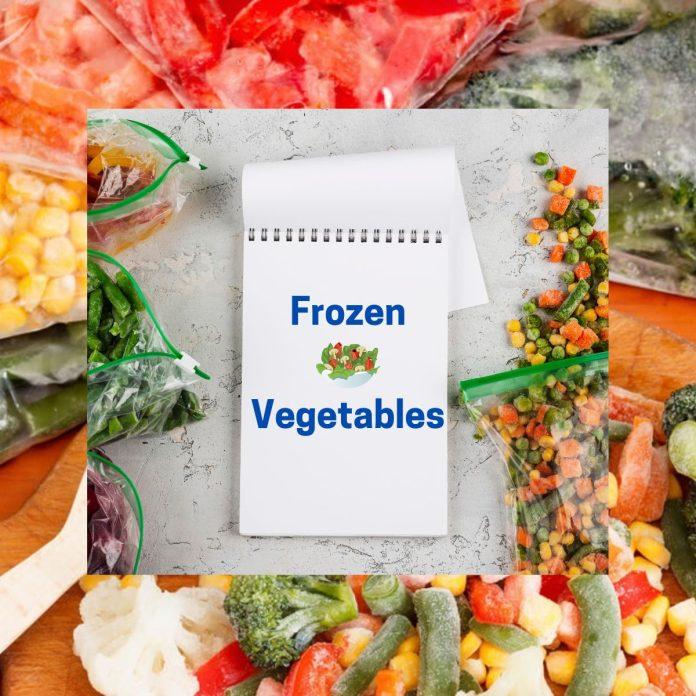Frozen vegetables are vegetables that have been harvested at their peak ripeness and then quickly frozen to preserve their nutrients, flavor, and texture. Freezing vegetables is a popular method of preserving them because it helps to retain their quality for an extended period.
Download Free Sample: https://www.alliedmarketresearch.com/request-sample/3404
Here are some key points about frozen vegetables:
- Nutritional Value: Frozen vegetables can be just as nutritious as fresh vegetables. They are typically blanched (briefly boiled or steamed) before freezing to halt enzyme activity, which helps retain their nutritional content. However, some heat-sensitive nutrients like vitamin C may be partially lost during the blanching process.
- Convenience: One of the significant advantages of frozen vegetables is their convenience. They are already washed, chopped, and ready to use, saving you time in meal preparation. Additionally, they have a longer shelf life compared to fresh vegetables, allowing you to keep them on hand for longer periods.
- Variety: Frozen vegetables are available in a wide range of varieties, including broccoli, peas, carrots, green beans, corn, spinach, cauliflower, and more. You can find them as individual vegetables or as blends, catering to different culinary preferences.
- Cooking Methods: Frozen vegetables can be cooked in various ways, such as steaming, boiling, sautéing, or microwaving. The cooking time for frozen vegetables is generally shorter than fresh ones since they have already been partially cooked during the blanching process.
- Taste and Texture: While the taste and texture of frozen vegetables may differ slightly from fresh ones, they can still be delicious and enjoyable. Proper cooking techniques and seasonings can enhance their flavor, and their texture is often maintained if cooked correctly.
- Nutritional Labeling: When purchasing frozen vegetables, it’s advisable to check the nutritional labeling on the packaging. This information provides details about the specific nutrients, calories, and serving sizes.
- Storage: Frozen vegetables should be kept in the freezer at temperatures below 0°F (-18°C) to maintain their quality. It’s important to follow the recommended storage guidelines and check for any signs of freezer burn or deterioration.
Buy Full Report: https://www.alliedmarketresearch.com/checkout-final/9b42ed63fa4b8bca0af53e17bc7741b5
The growth of the frozen vegetables industry is driven by increase in disposable income of people along with rise in the living standards of consumers around the globe. Furthermore, hectic lifestyle and increase in need for convenience food drive the growth of the market and help increase the frozen vegetable market size.



